Create a better divorce experience join our newsletter for supportive, resolution focused information!
How to Divorce with Kids: A Parental Guide
- Home
- Divorcing with children
We can help you navigate how to divorce with kids, whether you have common concerns like wanting to know the steps involved when divorcing with kids, understanding custody arrangements, figuring our parenting time, knowing your guardianship responsibilities, or dealing with more significant concerns like parental alienation.
Quick Links
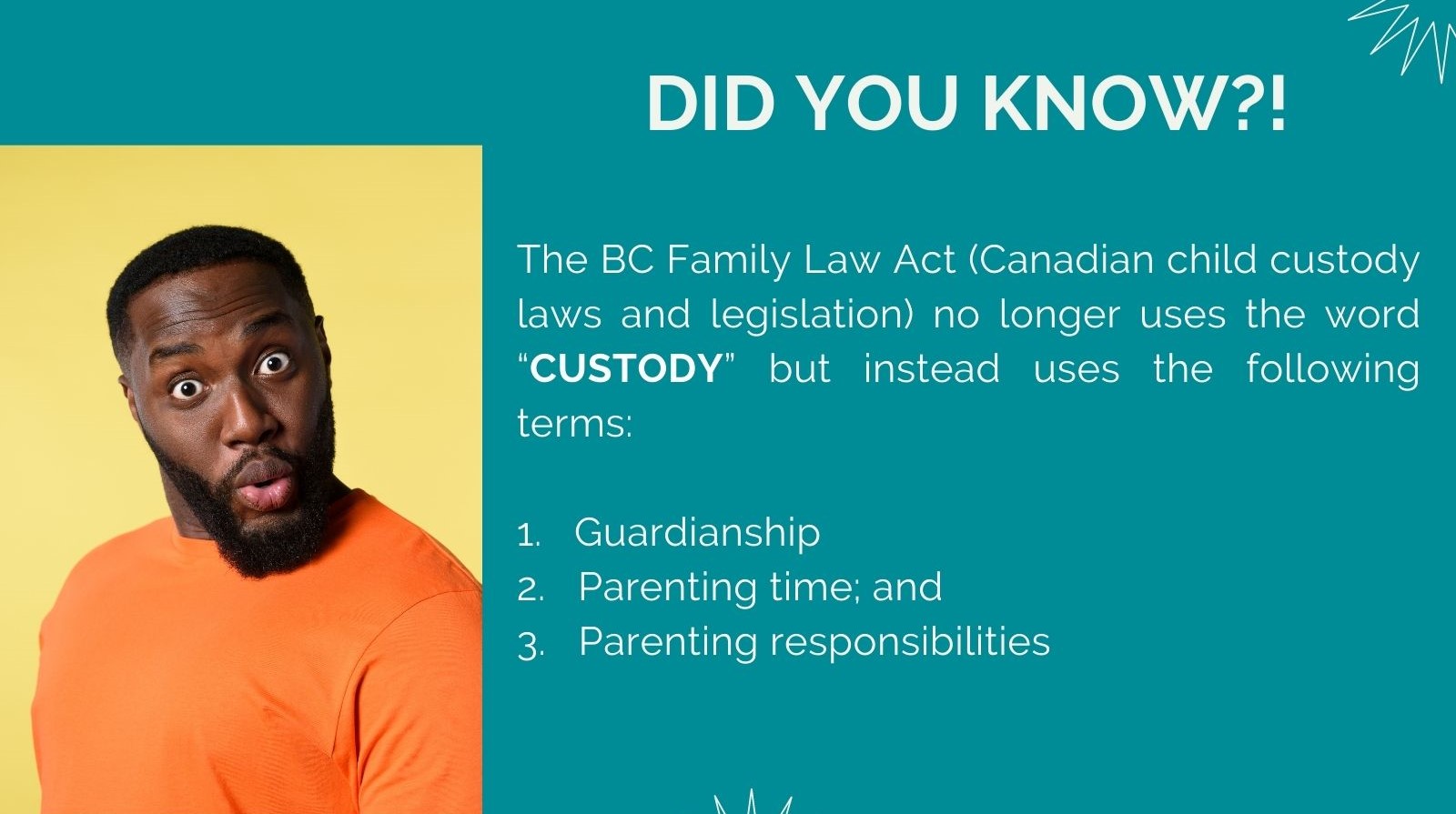
Divorce can be challenging at the best of times. When you have kids, things get even more complicated. That is why there are things you can do to protect your kids and their best interests right from the start. As parents, we all want to keep the well-being of our children as our top priority.
Here are some of the common questions parents ask us at Pathway Legal:
- How will divorce affect my children’s well-being?
- What custody options are available?
- What are the legal requirements in BC when divorcing with kids?
- How can we minimize the negative impact of divorce on our children?
- How can we ensure the best interests of our children before, during and after the divorce?
- What do I do because I anticipate having a high-conflict matter?
- What do I do if the other parent is engaging in parental alienation?
If you are a parent and want to know how to divorce with kids, our experienced team can help.
Steps to divorce with a child
When divorcing with kids - i.e. obtaining a divorce order and that divorce order being the piece of paper from the court saying that you are not married anymore - is the same as for people without kids. The big difference is that if you are divorcing with kids, the court pokes its nose into your family’s situation. To get divorced, parents must prove to the court that the children are properly cared for. The courts insist that child support is in place. As well they want to know what kind of parenting plan is in place.
Need a Deep Dive?
As with all other family matters, you want to take these general steps to divorce with a child:
- Seek initial legal advice. If you are divorcing with kids, you will want to ensure that you are aware of your rights and responsibilities from the outset.
- If possible, you will also want to create your parenting plan (guardianship, parenting responsibilities, parenting time, decision-making, and child support) utilizing alternative dispute resolution methods. An uncontested divorce with children is always the best way to go. We always say to avoid court whenever possible.
- Once you have your parenting plan and have a clear agreement regarding property division, you can file for divorce.
- Once your spouse is served with the divorce papers, you can (after 30 days) file your application, including your separation agreement and parenting plan and a child support affidavit showing evidence that your children are supported.
Divorcing with kids - getting custody of a child
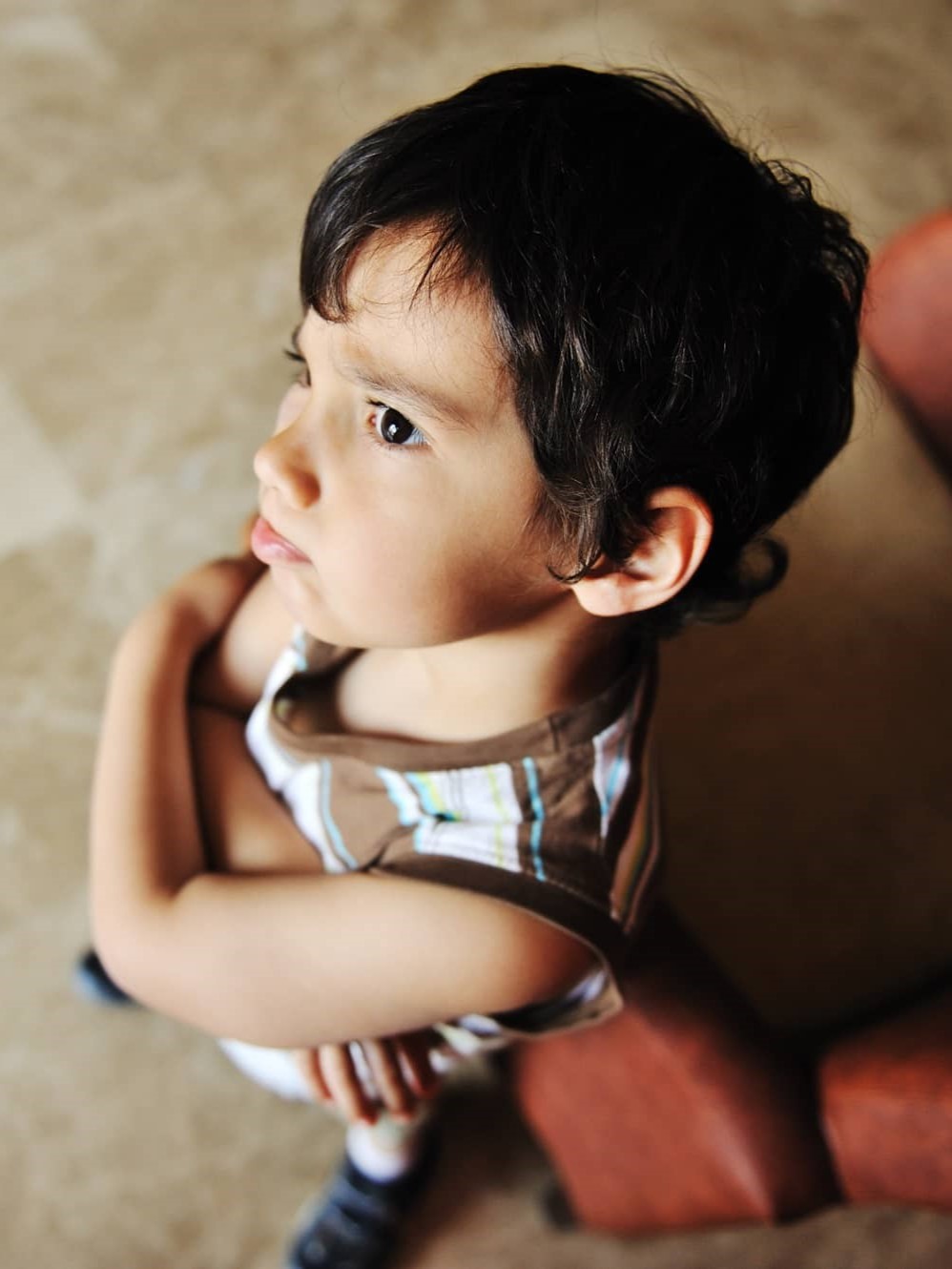
In BC, when learning about how to divorce with kids, it is important to note that the entire concept of custody has evolved (thank goodness for that). Rather than focus on the word “custody” the BC Family Law Act emphasizes shared responsibilities and cooperation between parents and the best interests of a child rather than the outdated concept of “custody” which was often more about possession and control, care and charge, keeping and guardianship, and wardship of children.
If you are a parent in BC take a look at our articles about getting custody of a child where we cover information about:
- Different types of child custody
- How to file for custody
- Best evidence for child custody
- Court hearing for child custody
How to divorce with kids - dealing with parental alienation
While it is heartening that the BC Family Law Act focuses upon the best interests of children and cooperation between parents, the sad fact is that there are occasions when, for whatever reason, a parent or parents are dead against the other parent or even each other.
We have seen some brutal cases where a parent campaigns to try to turn the child away from the other parent.
Parental alienation is serious and it is a form of child abuse.
You can discover more about what it is, and what it is not in our articles dealing with parental alienation:
Guardianship of a child
Guardianship of a child in British Columbia answers the question, who are the child’s guardians? In most instances, the guardians are the parents of the child, however, in some cases, a guardian might be a grandparent, aunt, uncle, or close family friend. The point is that when looking to the guardianship of a child, we are looking to who has the parenting time, parenting responsibilities, and decision-making authority for that child.
We provide answers to the following questions about guardianship of a child:
- What is legal guardianship?
- Difference between custody and guardianship?
- Does guardianship override parental rights?
- Full guardianship of a child?
What does child support cover?
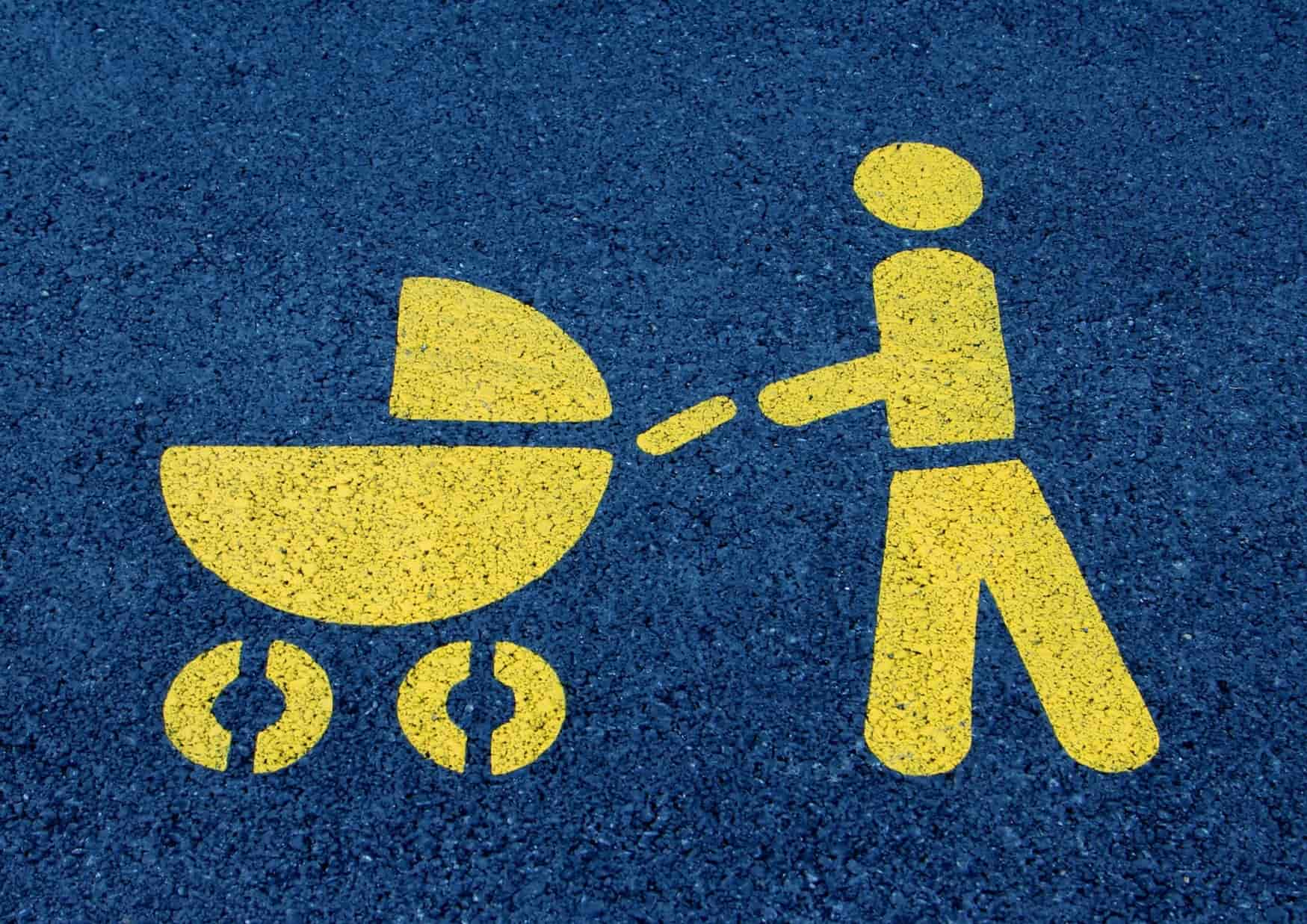
Knowing how to divorce with kids also means that you will want to understand the whole concept of child support. In BC, child support is the financial obligation that parents have to pay the other parent. Most of the time child support is payable when one parent has the kids more than 60% of the time. Also known as the custodial or primary parent with primary parenting time, that parent is entitled to receive child support for the benefit of the child in their care.
In other instances when divorcing with kids, parents who share kids equally might still be entitled to or required to pay child support. This is when one parent makes more money than the other. So, for example, if one parent makes $200,000 per year, and the other parent makes $50,000 per year, the higher earning parent will likely pay the lower income earning parent some child support in order to equalize the financial circumstances of each of their respective households.
In terms of what child support covers and how child support is calculated, it covers a broad range. Think of all the things associated with the cost of raising kids. The cost of raising kids is broad and includes their basic necessities, like clothing, food, and housing. Housing costs can include rent, mortgage payments, hydro, and gas. Child support also covers educational expenses like school supplies, and, in some instances, private school tuition. It also includes health care expenses, like medication, and eyeglasses. If a parent works outside of the home and childcare is required, child support covers that too. It also covers costs for special expenses like tutoring, physical therapy, or specialized sports. It even covers the cost of extra-curricular activities and entertainment for your kids.
Like every family, however, every child is different and child support orders and what does child support cover varies significantly from family to family. Children who come from parents who earn $40,000 experience different benefits than children whose parents earn $200,000 or more per year. For example, if a parent has limited income and other resources their obligation to pay child support what does child support cover for their kids will be different than in other circumstances when a parent has higher income.
Divorce and father’s rights vs mother's rights in divorce

Dads often worry that the law is against them. Many Dads worry that the entire legal system is stacked against them. When Dads meet with us for your initial legal consultation, Dads share with us that they are worried that they will not get a chance to have a continued, ongoing, and meaningful relationship with their kids. Well, we have great news for you. Contrary to popular belief, Dads get a fair shake in our legal system.
When it comes to divorce and father’s rights vs. mothers rights in divorce, there is no preference for mother’s over fathers. It is all about the best interest of kids. It is not about parents rights either, it is about parental responsibilities.
This means that contrary to what a lot of Dads (and others) believe, BC family law is not in favour of mothers. The law acknowledges the importance of father’s in children’s lives. While the law wishes to ensure fairness and protection for both parents, the focus is not on father’s rights and not on mother’s rights either, for that matter. The focus is upon the best interests of the children. The great thing is that it is considered in the best interests of children that Dads have relationships, meaningful parenting time, and ability to take on parental responsibilities regarding their kids. The only time this is not the case is when a father’s continued relationship with a child is not in the child’s best interest. Those cases are, thankfully, rare.
Thinking of father’s rights in this context is not meant to be a contest between Moms and Dads but instead highlighting the importance of maintaining meaningful parent-child relationships.
Supporting fathers as caregivers and nurturers is an important part of this concept.
BC family law and family law lawyers encourage parents to work together to create a parenting plan that includes a predictable schedule of parenting time, a structure for making decisions regarding kids (for example an agreement that says you will mediate an issue should you disagree on a significant decision regarding parenting).
In cases where you and the other parent cannot agree on a parenting plan it is open to you to apply to the BC courts to assist with the decision and implementation of a parenting plan for your kids. At Pathway Legal, we avoid court whenever possible, however, there are occasions when court is absolutely necessary. The ultimate goal, however, is that both parents get to actively participate in their kids’ lives after divorce.
Mother's rights in divorce
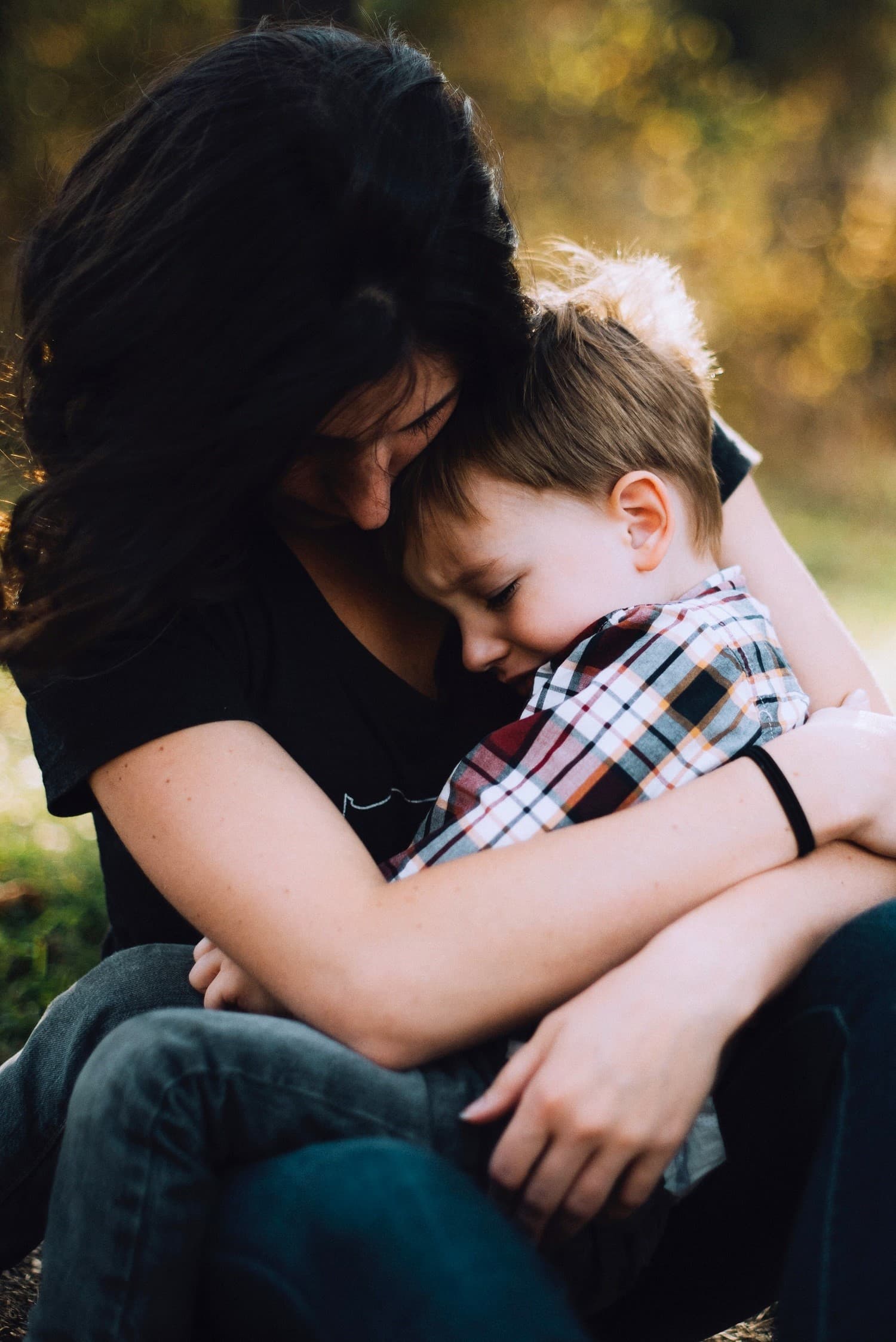
Now that we have covered off divorce and Dads, let's look at divorce and Moms. There was a time in our legal system, including in BC, that the legal system preferred mothers rights in divorce over fathers rights in divorce. This was based upon old-fashioned gender roles and societal beliefs about mothers being primary caregivers and nurturers of children, particularly in their younger years. This way of looking at parental rights in divorce was known as the “tender years doctrine.”
The “tender years doctrine” granted primary care of children to the mother in most cases. While fathers were often granted visitation rights, the primary care was granted to mothers. Most of this has shifted, and, in fact, the “tender years doctrine” has been extinguished in BC family law.
There is a gender neutral approach and focus upon what is in the children’s best interests. There is an assumption (unless other factors are at issue, like concerns for safety), that it is in children’s best interests to spend time with both of their parents.
The main point is that the courts want parents to work together cooperatively to raise their children.
This means that there is an expectation that parents will be cooperatiave in sharing their care, sharing the decision making, and sharing their experiences.
In cases where parents cannot agree on a parenting plan, the courts can intervene if a parent applies for an order. In such cases, it is important to note that the courts do not expect parents to pit themselves against one another in a popularity contest. They want what is in the best interest of children and whenever possible, the best interest includes co-parenting.
What is co-parenting after divorce?
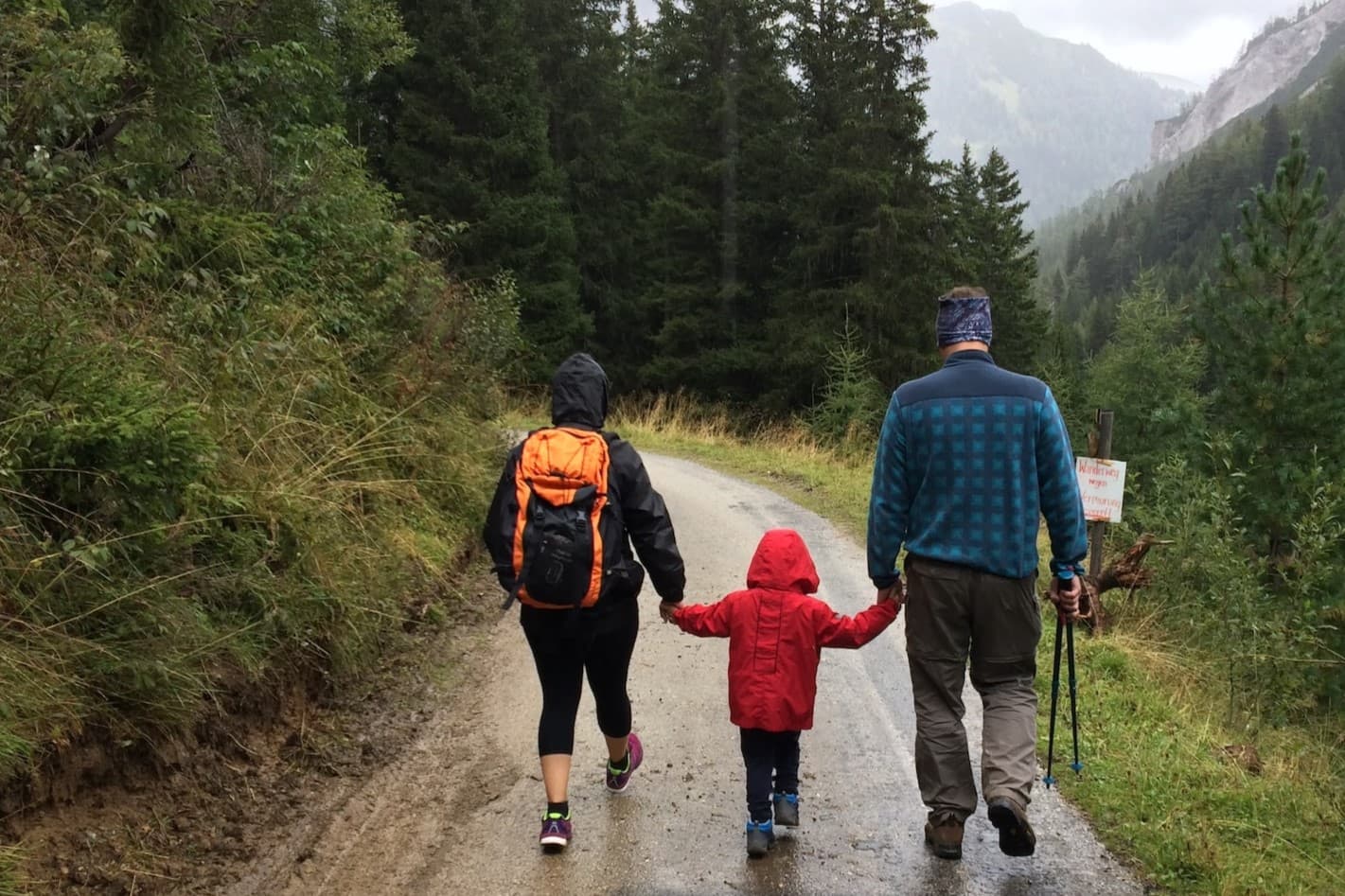
What does co-parenting mean? This is when two people (most often parents), who are not in a romantic relationship (or, better said, no longer in a romantic relationship) work together to raise and care for a child or children.
If co-parenting is to work well, it is a collaborative approach to parenting where parents, also known as guardians, share parenting time, parenting responsibilities, decision-making, emotional support, and financial support. However, co-parenting doesn't work for every family, in which case parallel parenting may be the better option.
Summary of how to divorce with kids
When discovering how to divorce with kids, there are many considerations and, of course, each family is entirely different. The point is to get through the separation and divorce process in the least combative way possible. Always remember the best divorce lawyers want to guide you through the process while keeping the best interests of your children at the forefront.

